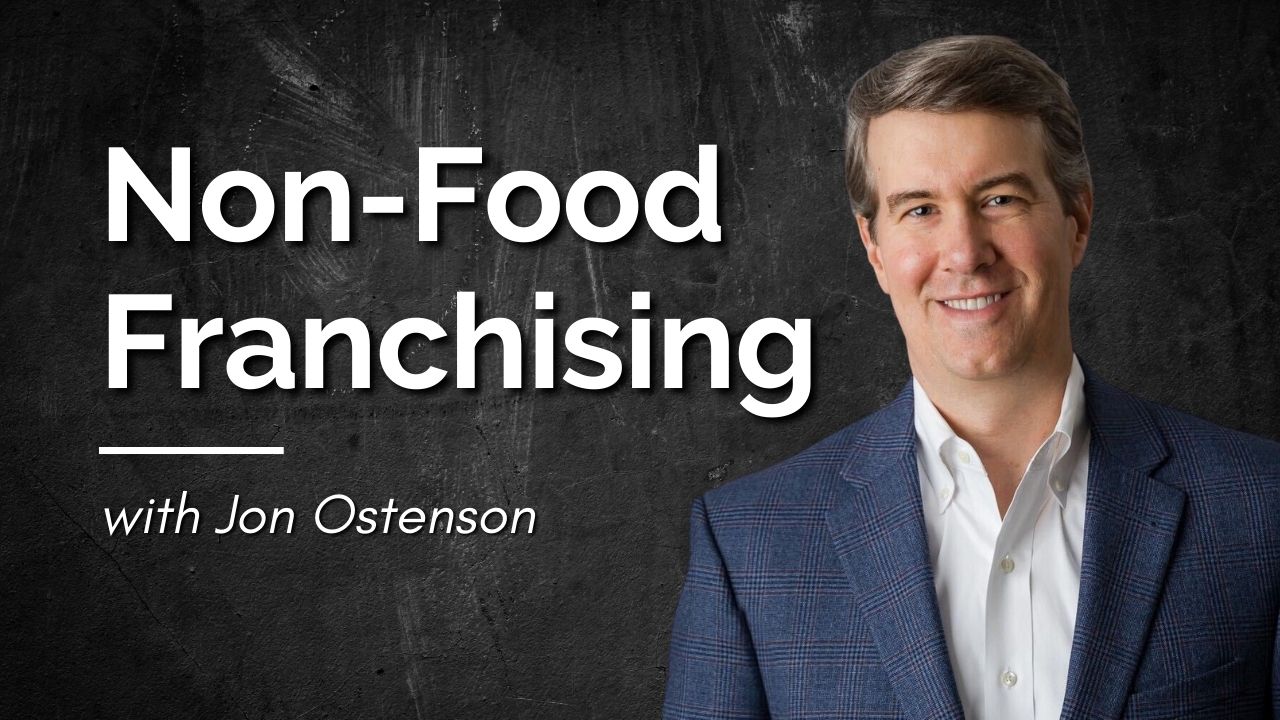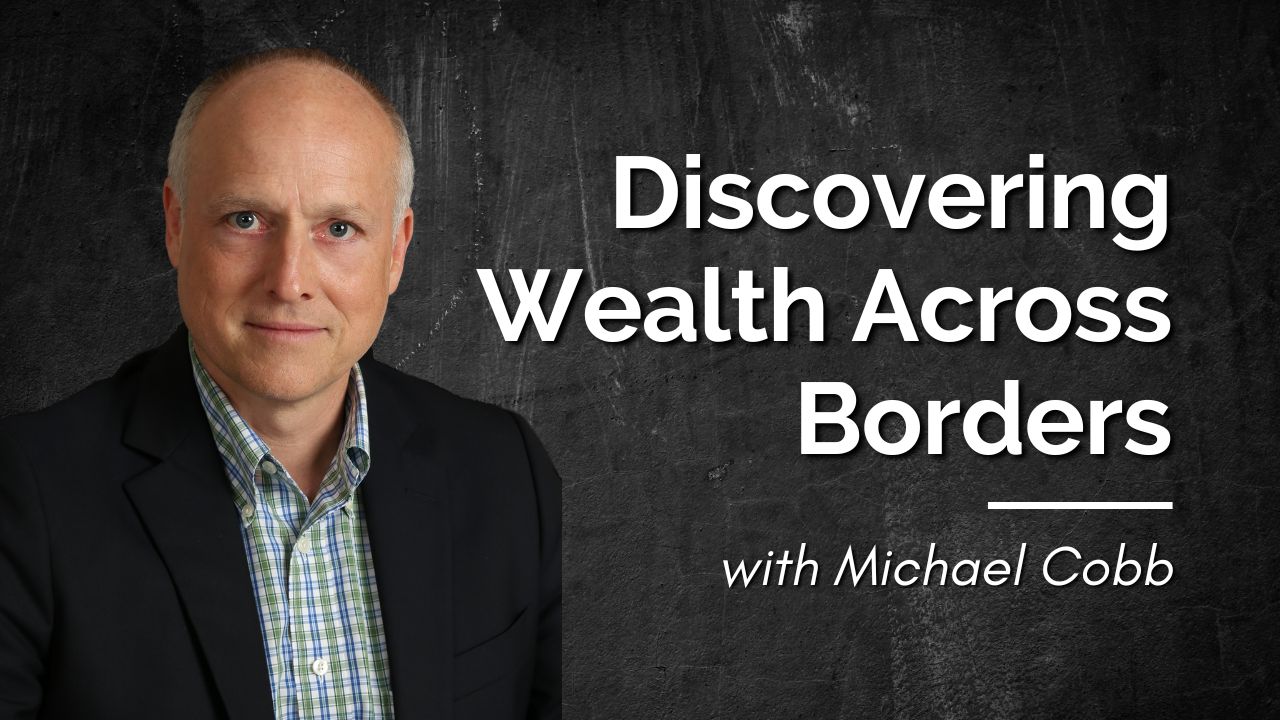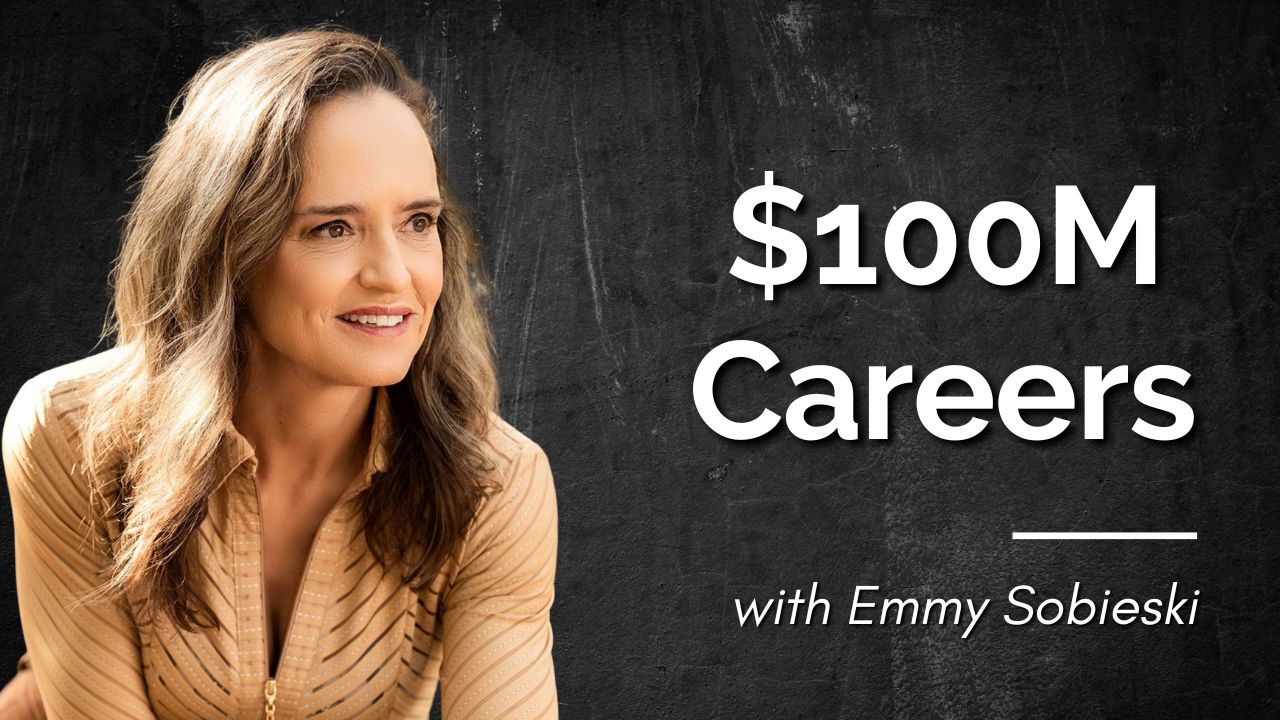
Non-Food Franchising, with Jon Ostenson
Are you looking for good investment opportunities to put your capital to work? Have you considered franchising as an opportunity for business ownership without starting a company from scratch?
Today, we’re talking with Jon Ostenson, a top 1% Franchise Consultant, former Inc. 500 Franchise President and Multi-Brand Franchisee, and author of “Non-Food Franchising.” So if you want to learn about the non-food franchising business model, the pros and cons, and why this might be a good fit if you’re already in real estate…tune in now!
Table of Contents
Podcast: Play in new window | Download (Duration: 44:19 — 50.7MB)
Subscribe: Apple Podcasts | Spotify | Android | Pandora | RSS | More
Finding Your Non-Food Niche
Owning a business franchise has been a time-tested way to get into business ownership with a tried-and-true business model. Many entrepreneurs like it for the relatively low barrier to entry. You don’t have to pioneer a new idea, you just have to invest in an existing one. It’s also a way to bring much-needed business to your community.
While many people think of restaurant chains when they think of franchises, there’s so much more to franchising than food. And that’s where Jon Ostenson comes in. He has ample experience in the franchising-industry and sees non-food franchises as a particularly shrewd investment because they’re often necessities. Pet supply stores, auto shops, and pharmacies are just a few examples of essential businesses with franchising potential.
If you think you want to break into franchising, Jon’s advice is to think about the gaps in your community and what people need—not just what they want. Because if a recession hits, businesses that are “non-negotiable” are going to weather the storm.
[7:59] “What I go back to is, what are you personally going to continue to spend on regardless of the economy? It’s the things you care about—your kids, your pets, your aging parents, your home, and your health. And so businesses that operate in these types of industries—again they’re more needs-based in a lot of cases, maybe a little less discretionary—those are the ones that are getting a lot of attention.”
Is Franchising Right for You?
One benefit of franchising that Jon shares is that it’s a way to increase your Net Worth through income rather than appreciation. If you’ve got the capital to invest and you want something that’s already got a blueprint, franchising can be great for you. Especially once your location is up and running, you don’t have to have constant involvement.
In other words, franchising can be great for the investor who’s “been there, done that,” and is ready to take a step back from full-time business operations.
On the other hand, if you’re wanting a business that you can leave your mark on, franchising might not be the way to start. Despite owning your particular location, you’ve got to operate your business within company parameters. You might have a say in some factors of the business, but you won’t be able to dictate anything that messes with the franchise’s “brand.” After all, one of the major benefits of franchising is that you get to capitalize on brand recognition immediately. You’ve got a built-in customer base, and those customers have certain expectations of the brand.
If you really want to have a hand in the business down to the last detail, you might find more fulfillment in starting your own business. That way, you have complete creative control over the operations.
Franchise Ownership Styles
While owning a franchise business can be a bit more hands-off than starting your own, it’s not a completely passive endeavor. There’s absolutely some time trade-off when you own any business, including an existing one. However, this obligation can be greater or lesser depending on your own personal management style. Let’s go over the three ownership styles Jon has personally witnessed.
First is the owner-operator. This is usually the person who wants to start a business but doesn’t need full creative control. However, they still want to have some control, so they are involved in the management of the store, at least initially. Most owner-operators have a goal of putting the store under someone else’s management eventually, so they can buy more franchises.
Then there’s the semi-passive or semi-absentee owner. Jon estimated about two-thirds of his clients opt for this ownership style. This is where, from the beginning, the franchise owner puts strong management in place to run all day-to-day operations. There’s still some level of owner involvement, but it’s not constant.
Finally, there is a truly passive investing model. Though Jon only knows of four businesses/brands that truly offer the option to operate under this model. This passive model is when the franchisor will run the business for you. You fund the business, but the franchisor operates it as though it’s a corporate location.
[20:30] “I’d love to see more brands offer that, but only if they’ve got the infrastructure in place to be able to support that.”
How to Work with Jon Ostenson
If you’re interested in franchising, Jon Ostenson can help. His company, FranBridge Consulting, helps entrepreneurs and investors connect with non-food franchising opportunities. Before you connect, Jon advises doing some research and understanding the market as much as you can so you have an idea of what you could do.
If you’re ready to start the process and connect with FranBridge to see if franchising is right for you, you can request a no-obligation consultation. And when you sign up for the FranBridge newsletter, you can get a free digital copy of Jon’s book, Non-Food Franchising.
About Jon Ostenson
Jon is a top 1% national franchise broker, investor, author, and international speaker specializing in the area he has coined “Non-Food Franchising.” Having served as the President of an Inc. 500 franchise system and now as a multi-brand franchisee himself, Jon is uniquely positioned to educate others on franchising and franchise selection.
Jon serves as the CEO of FranBridge Consulting and has helped thousands of entrepreneurs and investors explore business ownership and investment opportunities.
Jon is the author of the book “Non-Food Franchising” and is a frequent contributor and thought leader for publications on the topic of franchising and franchise investments. Prior to FranBridge, Jon was the President of ShelfGenie, a national franchise system with 200+ locations.
Book A Strategy Call
Do you want to coordinate your finances so that everything works together to improve your life today, accelerate time and money freedom, and leave the greatest legacy? We can help! Book an Introductory Call with our team today https://themoneyadvantage.com/calendar/, and find out how Privatized Banking, alternative investments, or cash flow strategies can help you accomplish your goals better and faster. That being said, if you want to find out more about how Privatized Banking gives you the most safety, liquidity, and growth… plus boosts your investment returns, and guarantees a legacy, go to https://privatizedbankingsecrets.com/freeguide to learn more.
Discover Wealth Across Borders -Michael Cobb
It is time to discover wealth across borders. Have you ever wondered what it’s like to invest internationally, live as an expat, or find a balance between work and play while enjoying life abroad? In a fascinating episode of our podcast, we sat down with Michael Cobb, a renowned figure in residential resort development and…
Read More$100M Careers: The 5 Fastest Paths to Wealth Beyond Your Wildest Dreams, with Emmy Sobieski
What do the 25,000 self-made $100M families in the US have in common? Discover the secrets to skyrocketing your career and achieving wealth and happiness with our special guest Emmy Sobieski, a CFA, Amazon #1 bestselling author of $100M Careers, and an expert in investing and entrepreneurship. Emmy’s journey from humble beginnings recycling aluminum cans…
Read More


